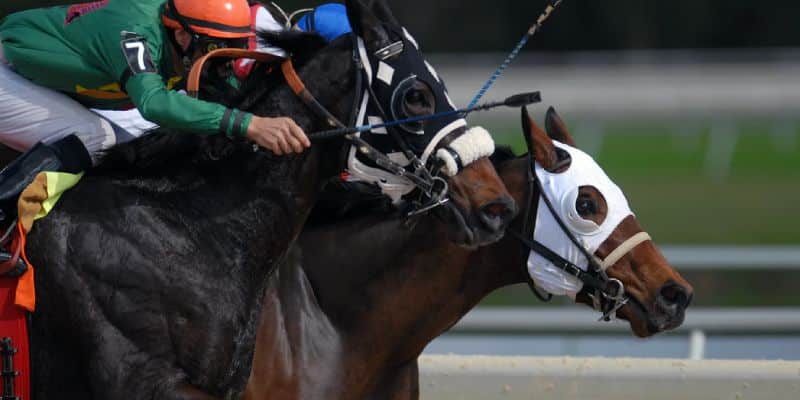Jim Bolger, one of the most prominent trainers in the country, has said that drugs are Irish racing’s number one problem. In an interview, the County Kilkenny-based racehorse trainer and breeder further maintained that he doesn’t believe a level playing field exists in the sport. Bolger also said he was concerned with the “lack of policing” in racing, describing it as “not up to scratch”.
“There’s a rulebook there, certain things are forbidden. They are being used and it needs to be dealt with”, Bolger told the racing trade paper, The Irish Field.
Following the criticism, the racing regulator has defended its drug testing regime, saying that this year, it plans to drug test over 4000 horses.
The Irish Horseracing Regulatory Board (IHRB) began hair sampling of horses during the summer. The advantage of hair testing in comparison to blood or urine testing is that they can provide a detailed historical record of drugs used in a horse, including anabolic steroids. In some cases, the tests can prove that medication was administered years before.
“In July this year, the IHRB became the first horseracing jurisdiction in the world to enhance race-day anti-doping testing by taking hair samples unannounced at the racecourse”, it said in a statement.
During 2020, every race winner in Ireland was tested by blood, urine and/or hair samples. In addition, intelligence-led and random testing were performed on race days. Combined with out-of-competition testing and stable inspections, a total of 3032 drug tests were carried out by the IHRB up to and including the end of November, despite restrictions relating to the Covid-19 pandemic.
However, the IHRB (formerly known as the Irish Turf Club) had promised to improve its testing regime and investigatory ability years ago after a number of high-profile drugs controversies. Unlicensed medicines, including an anabolic steroid, were found by Department of Agriculture officials at the premises of trainer Philip Fenton in 2012. The County Tipperary trainer has since returned to horse racing after serving a 3-year ban for possession of anabolic steroids. In the same year, Pat Hughes, an Irish Grand National-winning trainer, was also charged with possession of anabolic steroids.
Almost 5 years ago, a cross-industry anti-doping task force recommended that a system allowing traceability of thoroughbreds throughout their lives, whether in training or not, be introduced. In addition, an agreement with the Department of Agriculture to allow IHRB personnel access to unlicensed premises (such as pre-training yards and stud farms) was agreed earlier this year. However, the system is still not in place.
However, the IHRB highlights its pioneering use of hair testing on race days as evidence of its seriousness in fighting drug doping.
“Since 2016, the IHRB has continued to enhance the department of anti-doping with a 12% increase in samples taken on the racecourse including urine, blood and hair samples. There has been a 236% increase in the number of samples taken away from the racecourse and out-of-competition testing has increased from 8% of the total samples in 2016 to 21% of total samples in 2019.”
IHRB Chief Executive, Denis Egan, said: “The Irish Horseracing Regulatory Board remains committed to delivering the highest possible standard of equine anti-doping and medication control to protect the sports participants and ensuring a level playing field as well as instilling international confidence in Irish horses.”
AlphaBiolabs offers a suite of drug testing solutions for the public, sports sector and the legal profession, including nail drug testing. For information on any of these tests, please call 0140 29466 or email us at info@alphabiolabs.ie

Order a Drug Test
AlphaBiolabs is an accredited laboratory offering a range of drug testing services.
 0140 29466
0140 29466 info@alphabiolabs.ie
info@alphabiolabs.ie 0 Items
0 Items
